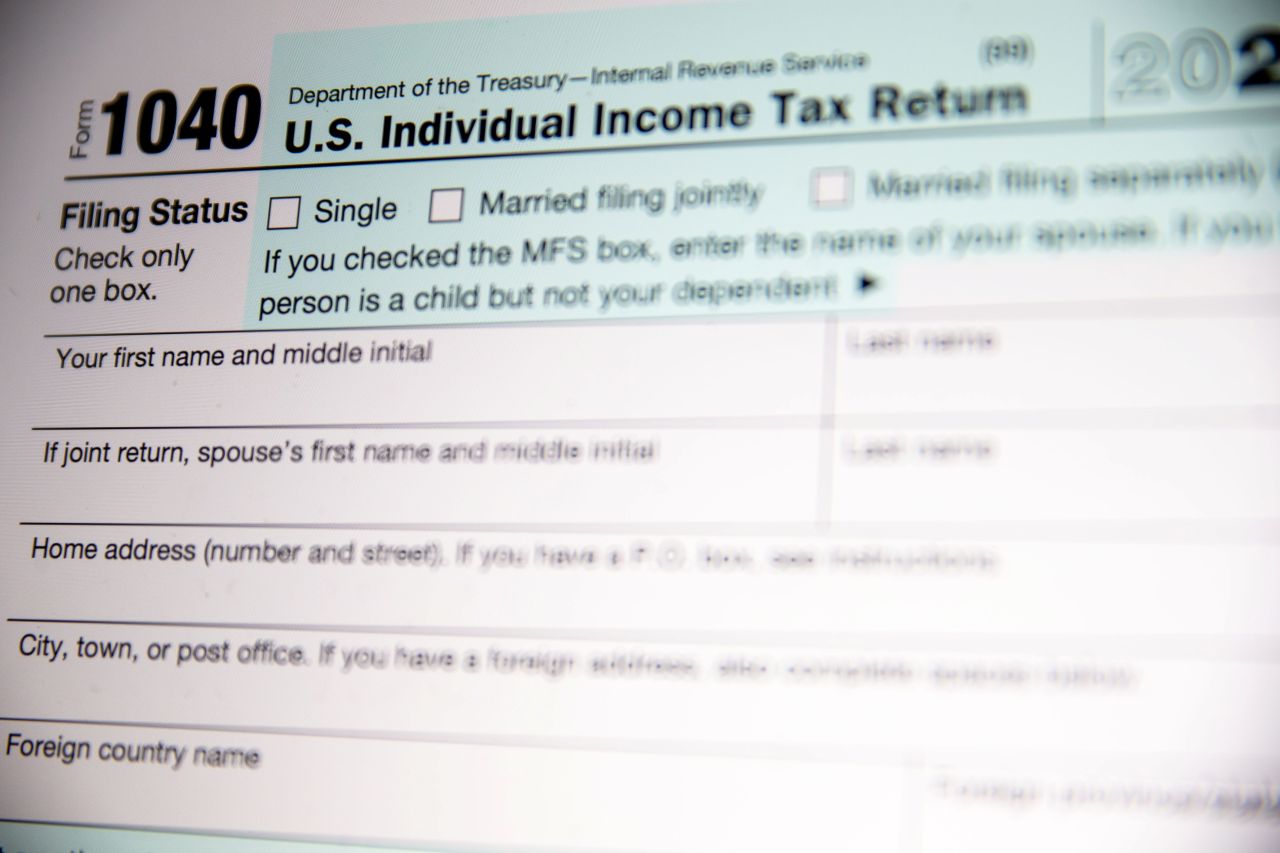Michigan Gambling Tax Rules: What To Know And How They May Apply To You
By Drew Ellis in Online Casino
Published:

All Michigan online casino players need to know one thing, any winnings are subject to being taxed.
It doesn’t matter if you win a mega jackpot, or just a few hundred dollars, it is good to know the tax policies when online gambling.
What Gambling Winnings Can be Taxed in Michigan?
Michigan requires tax on any gambling winnings. What the state considers gambling is:
- Bingo
- Horse Racing
- Keno
- Online Lottery
- Retail Lottery
- Online Casinos
- Retail Casinos
- Online Poker
- Retail Poker
- Online Sports Betting
- Retail Sports Betting
It’s important to distinguish that only the winnings are taxable. So, if playing an online casino game like blackjack and you make a wager of $100 and win $200, just the $100 you won would be open to taxing.
However, Michigan does include a caveat that you can exclude the first $300 won from gambling from total household resources. The Michigan Gaming Control Board details that you include your gambling/lottery winnings on the line for “Alimony and other taxable income” on your MI-1040CR, MI-1040CR-2, or MI-1040CR-7.
Michigan’s Tax on Gambling Winnings Just 4.25%
When it comes to the state tax rate, Michigan is in line with the average of most states.
In Michigan, the state imposes a 4.25% tax rate on gambling winnings.
The responsibility of reporting these winnings falls on the resident.
So, if you are not a resident of Michigan, but are visiting the state and decide to gamble, it still becomes your responsibility to tax your winnings.
Federal Taxes Start at 24% Rate
The Michigan tax rate is rather minimal compared to what you’ll pay in federal taxes.
When it comes to federal taxes, there are some different aspects that can impact how much you will pay.
If winning a large amount, the operation is required to provide you with a W-2G form and required to take a withholding rate of 24% for federal taxes. That is to occur under the following circumstances:
- Winning $600 or more when you won at least 300x more than the wager amount
- A win of $1,200 or greater from a slot machine or playing bingo
- A win of $1,500 or greater from keno
- A win of $5,000 or greater from a poker tournament
These wins will also be applied to that year’s taxes for your taxable income. So, if you won $20,000 gambling, even after the 24% has been taken out of the winnings, that $20,000 is applied to your income for the year. That amount is added to your wages to determine what tax bracket you fit in for that year.
That could require you to pay even more in federal tax, or you could see some of your winnings refunded if the 24% withheld was too much for your qualified tax bracket.
You Can Deduct Gambling Losses, But Rate to Change in 2026
Michigan has allowed residents to deduct gambling losses to help offset taxes on the winnings. However, it is limited to your winnings.
What that means is if you won $3,000 at different points during the year, but also lost $8,000, you are able to deduct up to $3,000 in losses on your taxes.
The same applies to federal taxes.
In order to do this, you must keep a log of all your gambling winning and losses. You will also have to choose itemizing your deductions on your tax return. If you take the standard deduction, you can’t include gambling losses.
Starting in 2026, gambling losses will no longer be fully deducted from winnings. The One Big Beautiful Bill Act put into law that itemized deductions will be limited to 90% of the gambling losses against a person’s winnings.
So, in that same previous scenario, instead of claiming up to $3,000 in losses on your taxes, you will be limited to claiming a maximum of $2,700.
Important Tax Documents for Online Gamblers
There’s a variety of forms you may need to accurately do your state and federal taxes when it comes to reporting gambling winnings.
- W-2G: This document should be provided to you in the event of a large win. It will take out 24% of your winnings for federal taxes at the time of the win.
- 1099-MISC: This form is used to report miscellaneous income and required for anyone paid at least $600 by a company. In the case of gambling, it will be issued to you by a gambling operator if you won more than $600.
- 1099-K: This form is for reporting payments received from third-party apps like PayPal or Venmo if that is how you received your winnings that need to be taxed.
- 1040 Schedule A: This is where you report the amount of gambling losses you are deducting.
- Form 5754: In the event you win a large prize with a group of people, more likely in a lottery, this form is used to document the winnings across all the recipients in order to properly determine the taxes.
As a reminder, if you are a regular gambler, it is important to keep a log of your winnings and losses for tax purposes.

Drew Ellis has decades of experience in media covering sports, gambling and general news. He has provided news coverage for online and retail casino developments across the US and around the globe.



